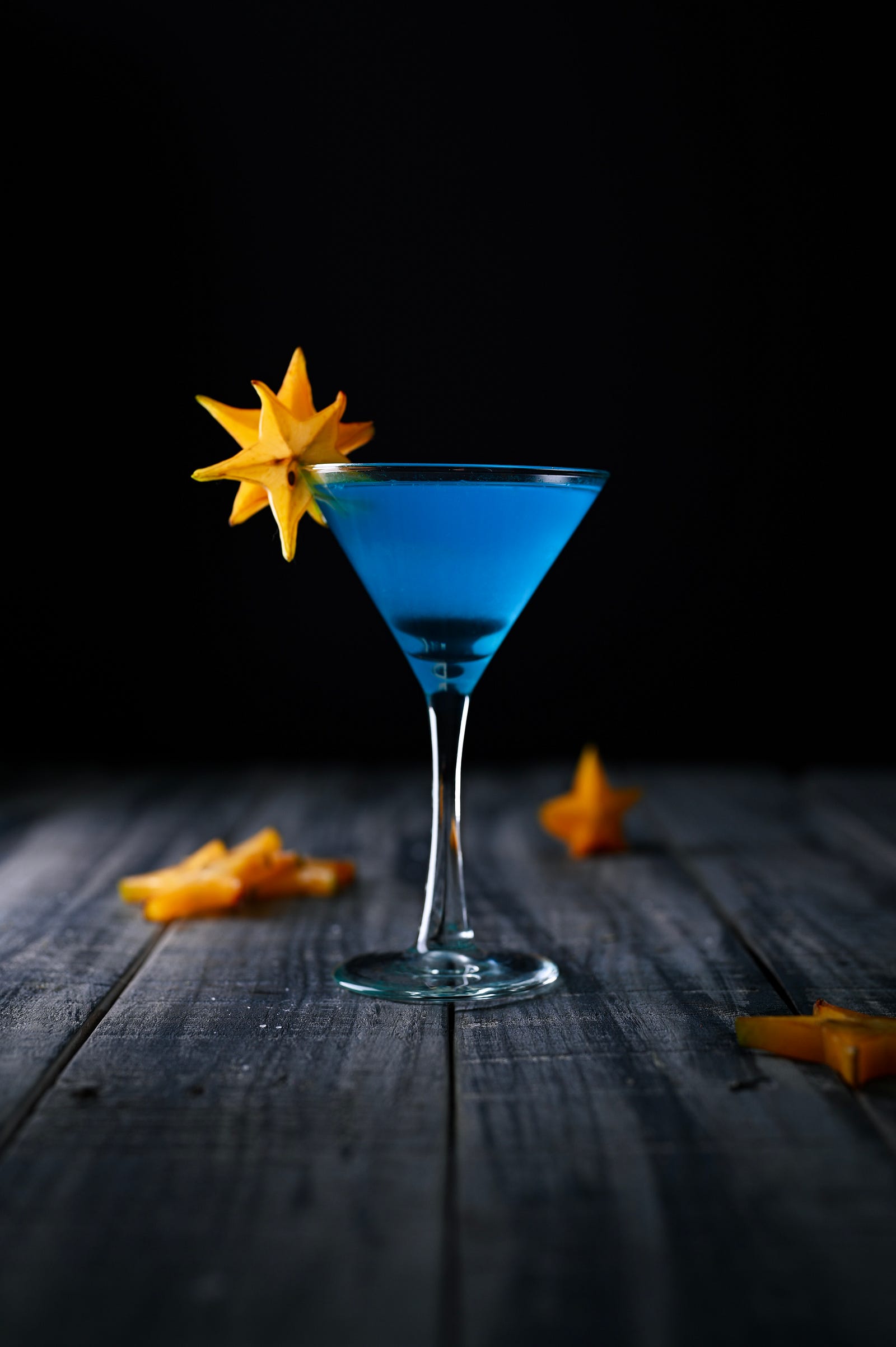YOU HAVE PROBABLY HEARD THAT A GLASS OF RED WINE is healthier than not drinking. This is a common belief, but a new study suggests that one or two drinks daily are not better than abstaining. Today we ask this question: Are one or two drinks daily better than abstaining?
There has been much controversy regarding the association between alcohol intake and cardiovascular disease, the leading global cause of death.
According to the National Institute on Alcohol Abuse and Alcoholism (NIAAA), in 2019, 86 percent of adults in the United States reported consuming an alcoholic beverage.
Moreover, 14.5 million people in the U.S. aged 12 years or older live with alcohol use disorder (AUD). The NIAAA offers that Alcohol use disorder is marked by “an impaired ability to stop or control alcohol use despite adverse social, occupational, or health consequences.”
Approximately 95,000 Americans die annually from alcohol-related causes. This number makes alcohol the third largest preventable death cause.

It has long been recognized that the problems with alcohol relate not to the use of a bad thing but to the abuse of a good thing. — Abraham Lincoln
On the one hand, observational studies show a lower risk of cardiovascular disease with light to moderate alcohol intake than abstinence or heavy consumption. There appears to be a J- or U-shaped epidemiologic association.
On the other hand, these supposed heart benefits of alcohol may be secondary to confounding factors, including a favorable lifestyle (and behavioral and socioeconomic factors associated with modest alcohol drinking).
Today we try to get clarity by examining the pooled results of 107 studies involving nearly five million subjects. After analysis, study co-author Tim Stockwell offs this insight:
“We just need to be very skeptical of scientific evidence or scientific studies suggesting there are health benefits.”
Red wine — a traditional view
Moderate consumption of red wine has been associated with potential health benefits. Still, it’s important to note that these benefits are not a one-size-fits-all solution and may vary based on individual factors.
Red wine contains antioxidants, such as resveratrol, linked to cardiovascular health benefits. Resveratrol may improve cholesterol levels, lower blood pressure, and reduce the risk of blood clots.
Additionally, the polyphenols found in red wine have anti-inflammatory properties, which may help to reduce the risk of chronic diseases.

However, it’s important to remember that moderation might be a key to reaping the alleged health benefits of red wine. Excessive alcohol consumption increases the risk of several health issues, including liver disease, high blood pressure, and some types of cancer.
A new study raises questions about the traditional view that moderate alcohol consumption improves health and lengthens life.
Alcohol consumption, health, and longevity
In a new sweeping analysis, researchers discovered the following:
Despite a widespread belief that moderate alcohol consumption is good for you, the more you drink, the higher your risk of early death.
The review analyzed research on nearly five million individuals’ drinking and health habits. The study is one of the largest to undermine the belief that moderate drinking of wine (or other alcoholic beverages) is healthy.
The new study also discovered that drinking relatively low levels of alcohol — 25 grams daily for women (less than one ounce) and 45 grams (roughly 1.5 ounces) or more daily for men — increased the risk of death.
In the United States, a standard drink (5 ounces of wine, 12 ounces of beer, or 1.5 ounces of distilled spirits) typically has about 14 grams of alcohol.
Alcohol consumption study — context
The findings align with a British study from last year: Researchers examined the genetic and medical data of nearly 400,000 people. They concluded that even low alcohol intake was associated with increased disease risk.
In this cohort study of over 371,000 individuals, genetic evidence supported a non-linear, consistently risk-increasing link between all alcohol amounts, high blood pressure, and coronary artery disease.

The “J-curve might not exist regarding alcohol consumption level and disease risk. There were modest risk increases with light alcohol intake and exponentially greater risk increases at higher consumption levels.
In summary, alcohol intake at all levels appears to be associated with increased cardiovascular disease risk.
My take on alcohol consumption and health
This study shows that moderate alcohol consumption does not promote health. In general, less alcohol appears to be better regarding health.
You may have heard of the “French paradox,” suggesting that low cardiovascular disease rates (among men in France) appeared to be associated with daily wine consumption. Subsequent analyses revealed research flaws.
If you are keeping score, be careful: The alcohol industry funded much of the research examining the effects of alcohol on health. A recent report showed that the industry has directly or indirectly paid for 13,500 studies.
Moreover, historical research often failed to adjust for confounders such as lifestyle (for example, exercise, diet, and smoking), sex, age, and socioeconomic status. The current study attempted to remove such biases and discovered no significant reductions in the risk of death among moderate drinkers.
Alcohol – Previous research flaws
So why did previous research show a “J-shaped” curve — with lower heart attack rates among those consuming low or moderate alcohol amounts, with higher rates at the extremes — these studies were deeply flawed. The light-to-moderate drinkers were generally healthier than non-drinkers on physical activity, diet, weight, income, and dental hygiene measures.
In addition, abstainers from alcohol may avoid drinking because of health problems. Historical research did not control for such biases. Sometimes, being able to drink is a sign that you are still healthy, not the cause of it.
Let’s end with the words of researcher Professor Dr. Ulrich John:
“Our study is one of the very few that asked for details [about the] former life of the abstainers, details that may be known risk factors for early death. Our study is perhaps the only one so far that includes a standardized diagnosis of former alcohol or drug dependence, i.e., a severe health disorder that may explain short time to death.”
We might need to rethink the notion that daily drinking of moderate alcohol amounts promotes health. My takeaway is not that all should avoid alcohol; rather, it may not be the health potion many believe it to be.
What say you?
If you know someone with breast cancer, here is my comprehensive online course:
Dr. Michael Hunter’s Wellness!
breastcancerbydrhunter.thinkific.com
The information I provided in this blog is for educational purposes only and does not substitute for professional medical advice. Please consult a medical professional or healthcare provider for medical advice, diagnoses, or treatment. I am not liable for risks or issues associated with using or acting upon the information in this blog.
Thank you for reading “Is Wine Good for You?”




